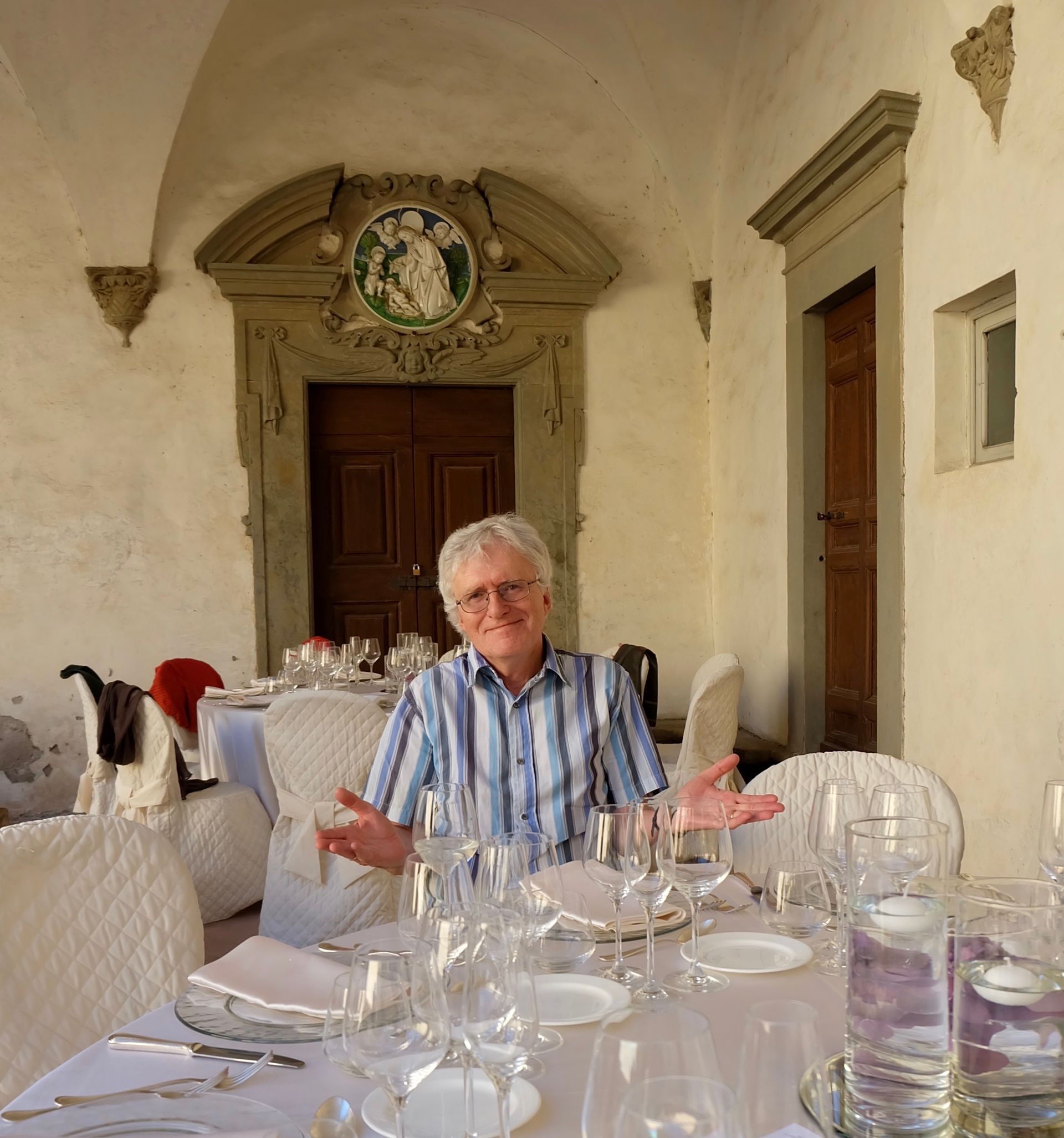The Road to Capaci
Catherine Williams is a doctoral candidate at La Trobe University
We stop the car just before the Capaci exit from the highway leading towards Palermo. Ever since one of my former professors lent me a biography of Giovanni Falcone, at the beginning of my doctoral research in 2011, I had been determined  that my next trip to Sicily would include a pilgrimage of sorts to this stretch of highway where Falcone, his wife (magistrate Francesca Morvillo), and three members of their security escort (Rocco Dicillo, Antonio Montinaro and Vito Schifani) lost their lives on 23 May 1992. An interview in Palermo with Antonio Ingroia, to speak about the impacts of Law 45/2001 – which substantially amended the legal framework regulating the relationship between the state and mafia collaboratori di giustizia
, and is the subject of my doctoral research – finally provides me with the opportunity I’d been waiting for.
that my next trip to Sicily would include a pilgrimage of sorts to this stretch of highway where Falcone, his wife (magistrate Francesca Morvillo), and three members of their security escort (Rocco Dicillo, Antonio Montinaro and Vito Schifani) lost their lives on 23 May 1992. An interview in Palermo with Antonio Ingroia, to speak about the impacts of Law 45/2001 – which substantially amended the legal framework regulating the relationship between the state and mafia collaboratori di giustizia
, and is the subject of my doctoral research – finally provides me with the opportunity I’d been waiting for.
A columnar monument has been erected on the highway, in commemoration of the lives lost. Beside it are Catholic crosses, talismans and flowers, some wilted but some fresh – a sign of the lasting impact of the massacre, 20 years on, on Palermitans. Far beyond the highway, at the base of the mountains flanking it, stands a small, white construction; it is here that those who detonated the bomb on that terrible day 20 years ago stood, smoking cigarettes as they waited for Falcone’s car to arrive. Today, black, bold text graffitied on it reads “NO MAFIA”.
To drive along this stretch of highway for the first time cannot but leave one overwhelmed with a sense of profound sadness: sadness that Falcone, his wife and three members of his security escort – like others before and after them – died in the service of a state which often fails to respect them and protect them, and for a justice which still today remains elusive.
It is a sadness which is to stay with me as I continue my research trip travelling up and down the Italian peninsula, meeting with Antonio Ingroia, Gian Carlo Caselli, Nicola Gratteri, and others similarly, extraordinarily courageous in their commitment to the anti-mafia fight. To meet these men, to have the smallest glimpse into what their armoured lives involve and to see for a fleeting moment the monumental sacrifices they make on a daily basis for this cause, is an honour. They are of course acutely cognisant of the risks they assume with their work, but that so many have had to give up their lives in the pursuit of what is right, is wrong; a wrong that is odious, appalling, and that, as I stand under this monument to Falcone, Morvillo, Dicillo, Montinaro and Schifani, traffic screaming past on this hot October day, leaves me cold.
Stay posted as I look at the lives of the heroic anti-mafia magistrates, their contexts, and related issues.








